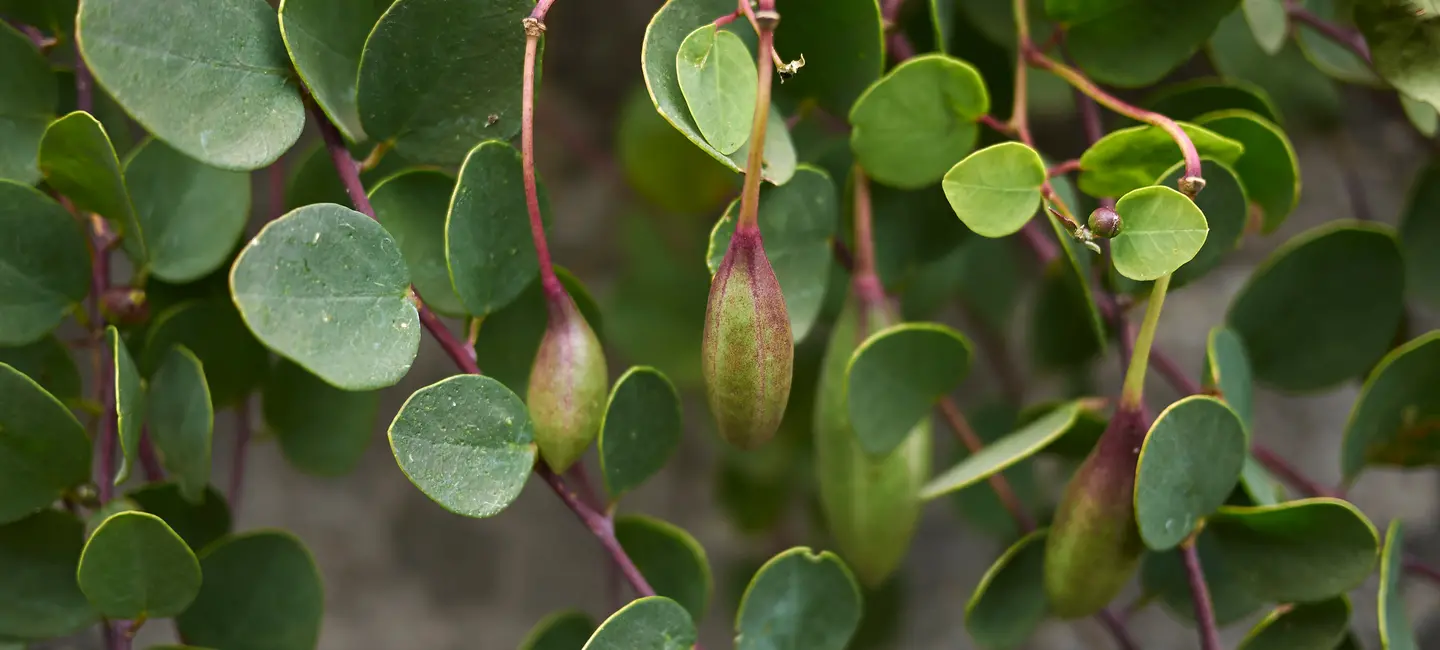
The caper bush is a plant. The fruit, unopened flower bud, other parts that grow above the ground, and the root are all used for medicine.
Capers are used for diabetes. They are also used for many other conditions, but there is no good scientific evidence to support the use of capers for any condition.
Capers are also eaten as a food and used as a flavoring.
Is It Effective?
NatMed Pro rates effectiveness based on scientific evidence according to the following scale: Effective, Likely Effective, Possibly Effective, Possibly Ineffective, Likely Ineffective, Ineffective, and Insufficient Evidence to Rate.
- Diabetes. Some early research shows that capers can lower blood sugar levels in some people with type 2 diabetes who are already taking diabetes medicines. But not all research agrees.
- Fungal infections.
- Chest congestion.
- Intestinal worms.
- A skin disease caused by parasites (leishmaniasis).
- Skin disorders, when applied directly.
- Improving blood flow near the skin's surface, when applied directly.
- Dry skin, when applied directly.
- Other conditions.
More evidence is needed to rate the effectiveness of capers for these uses.
Is it Safe?
Capers contain chemicals that might help control blood sugar. Capers might also have antioxidant activity.
When taken by mouth: Capers are LIKELY SAFE for most people when eaten as a food. Caper fruit extract is POSSIBLY SAFE when taken by mouth as a medicine, short-term.
When applied to the skin: There isn't enough reliable information to know if capers are safe. They might cause side effects such as skin rash and skin irritation in some people.
Special Precautions & Warnings:
Pregnancy and breast-feeding: There isn't enough reliable information to know if capers are safe to use when pregnant or breast-feeding. Stay on the safe side and stick with the amounts found in food.
Allergy to other plants in the same family as capers: Capers contain a chemical that is also found in mustard oil. If you are allergic to mustard oil, be cautious when trying capers.
Diabetes: Use caution while taking this supplement. Capers might lower blood sugar in people with diabetes. Watch for signs of low blood sugar (hypoglycemia) and monitor your blood sugar carefully if you have diabetes and use capers in medicinal amounts.
Medications for diabetes (Antidiabetes drugs)
Interaction Rating=Moderate Be cautious with this combination.
Capers might lower blood sugar in some people with diabetes. Diabetes medications are also used to lower blood sugar. Taking capers along with diabetes medications might cause your blood sugar to go too low. Monitor your blood sugar closely. The dose of your diabetes medication might need to be changed.
Some medications used for diabetes include glimepiride (Amaryl), glyburide (Diabeta, Glynase PresTab, Micronase), insulin, pioglitazone (Actos), rosiglitazone (Avandia), chlorpropamide (Diabinese), glipizide (Glucotrol), tolbutamide (Orinase), and others.
Herbs and supplements that might lower blood sugar: Capers might lower blood sugar. Using it along with other herbs and supplements that have the same effect might cause blood sugar to drop too low in some people. Some other herbs and supplements that might lower blood sugar include devil's claw, fenugreek, guar gum, Panax ginseng, Siberian ginseng, and others.
There are no known interactions with foods.
The appropriate dose of capers for use as treatment depends on several factors such as the user's age, health, and several other conditions. At this time there is not enough scientific information to determine an appropriate range of doses for capers. Keep in mind that natural products are not always necessarily safe and dosages can be important. Be sure to follow relevant directions on product labels and consult your pharmacist or physician or other healthcare professional before using.
Alcaparras, Cabra, Caper Bush, Capparis rupestris, Capparis spinosa, Cappero, Câprier, Câprier Épineux, Câpre, Câpres, Fabagelle, Flinders Rose, Himsra, Shafallah.
Information on this website is for informational use only and is not intended to replace professional medical advice, diagnosis, or treatment. While evidence-based, it is not guaranteed to be error-free and is not intended to meet any particular user’s needs or requirements or to cover all possible uses, safety concerns, interactions, outcomes, or adverse effects. Always check with your doctor or other medical professional before making healthcare decisions (including taking any medication) and do not delay or disregard seeking medical advice or treatment based on any information displayed on this website.
© TRC Healthcare 2024. All rights reserved. Use and/or distribution is permitted only pursuant to a valid license or other permission from TRC Healthcare.
